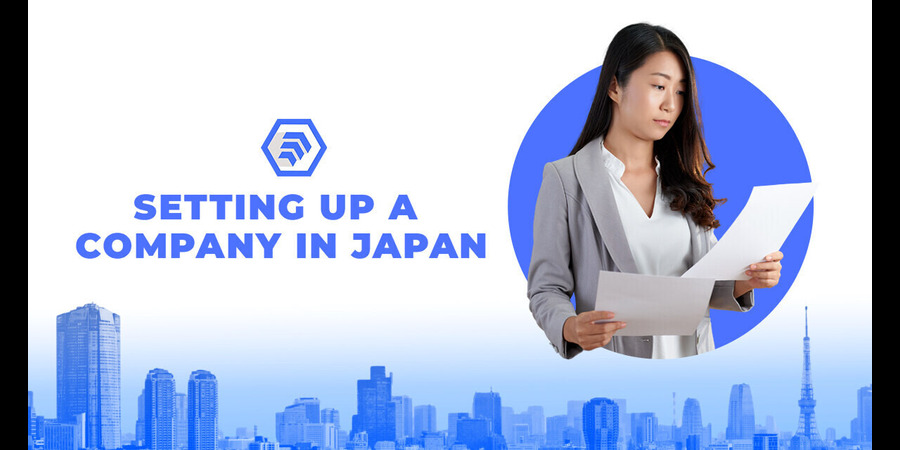Kioxia Holdings Corp, the world’s second-largest flash memory chipmaker, said on Monday it would postpone plans for an initial public offering (IPO) amid uncertainty in the global chip market stemming from U.S-China tensions.
“While we received significant interest from many investors, the lead underwriters and Kioxia do not believe it is in the best interest of current or prospective shareholders to proceed with the IPO at this time of continued market volatility and ongoing concerns about a second wave of the pandemic,” Kioxia CEO and President Nobuo Hayasaka said in a statement.
“As a company, we make disciplined decisions that are in the best interest of all our stakeholders and we will revisit an IPO at an appropriate time. We are not in a rush,” he said.
Read also – Toshiba Corp planned to monetize its 40.2% stake in former flash memory chips
The move came after Kioxia earlier this month set a tentative price range for an IPO in Tokyo that put the market value lower than 2 trillion yen ($18.94 billion), the price that a Bain Capital-led group paid for the company two years ago.
Kioxia, formerly known as Toshiba Memory, had planned to list on the Tokyo Stock Exchange on Oct 6, offering up to 334.3 billion yen ($3.19 billion) in shares in what would have been Japan’s biggest IPO this year.Shares in top shareholder Toshiba Corp , which had planned to sell an 8% stake, fell as much as 8.6% on the postponement news, before paring the losses to 3%.
The postponement highlights how disputes over trade and technology between Washington and Beijing have cast a shadow over the global chip industry and affected companies across the supply chain.
Read also – Hitachi, Toshiba join with Miraca Holdings to increase production of antigen-based coronavirus tests
The memory chip market is bracing for the impact of tighter U.S. restrictions on Huawei Technologies Co Ltd [HWT.UL] that came into force on Sept. 15. The curbs ban global suppliers from selling chips made using U.S. technology to the Chinese telecoms giant without a special licence, and Kioxia has warned they could trigger memory chip oversupply and lower prices.
Kioxia made no mention of the curbs on Monday, only citing “market volatility and ongoing concerns about a second wave of the (COVID-19) pandemic” as reasons for putting off the IPO.



